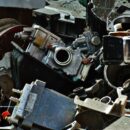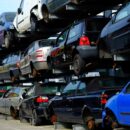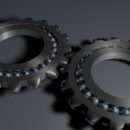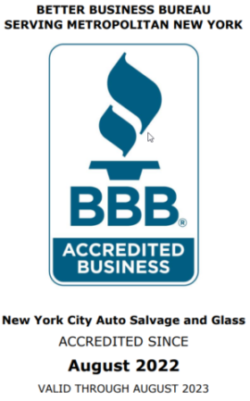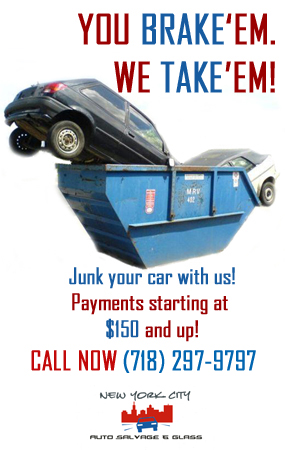Valuable scrap car parts are purchased by people and mechanics who are looking for a cost-effective alternative to after-market parts. When you’re searching for junk yards that handle auto salvage NYC businesses are more than happy to pay cash for your old vehicle, even if it’s not running.
Engine
Your car’s engine is one of the most valuable components. Depending on your vehicle’s condition, the engine may still be operable. Even if the engine doesn’t start, it’s still worth money as junk car parts.
Transmission
The transmission is underneath of your vehicle. It helps to transfer the engine’s power into usable energy for the wheels and drive train. Transmissions usually last for years, so even if your vehicle isn’t operable, the transmission may still contain valuable scrap car parts.
Catalytic Converter
If you’re curious about auto salvage, NYC businesses are always in the market for catalytic converters. These devices contain valuable precious metals, such as platinum. Often, a catalytic converter is one of the most valuable scrap car parts.
Wheels
Depending on the condition of your vehicle’s wheels, they could be worth several hundred dollars. You can easily check on the condition of your car’s wheels by looking at the tread. If there’s a good amount of rubber left on the wheels, they can be sold.
Battery
The battery is among the most valuable parts in a junk car. Even if your car doesn’t turn over, the batter may be worth money.


